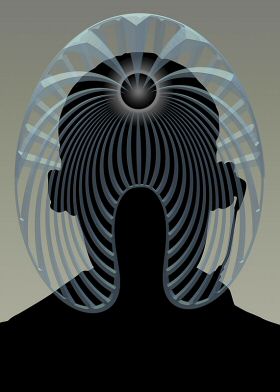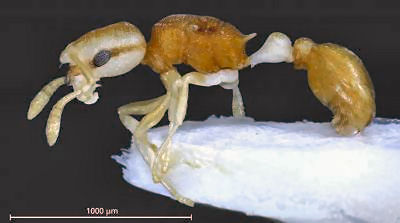
Humans are not considered to have an innate magnetic sense but new research published inNature Communications shows that a protein expressed in the human retina can sense magnetic fields when implanted into fruit flies (Drosophila). The intriguing discovery may lead to new breakthroughs in the field of human sensory biology.
The lead researcher, University of Massachusetts neuroscientist Steven Reppert, explained that in many migratory animals, the light-sensitive chemical reactions involving the flavoprotein cryptochrome (CRY) are thought to play an important role in sensing the Earth’s magnetic field. In the case of Drosophila, previous studies have shown that the cryptochrome protein found in these flies can function as a light-dependent magnetic sensor.
To test whether the human cryptochrome 2 protein (hCRY2) has a similar magnetic sensory ability, Reppert and co-researcher Robert Gegear created a transgenic Drosophilamodel lacking its native cryptochrome protein but expressing hCRY2 instead. Using a behavioral system, the researchers showed that these transgenic flies were able to sense and respond to an electric-coil-generated magnetic field and do so in a light-dependent manner.
Related:
Magnetic field can alter moral judgments
Magnetic Fields May Be “Visible” To Birds
Urban Areas Turn Migratory Birds Into Couch Potatoes








Comments are closed.